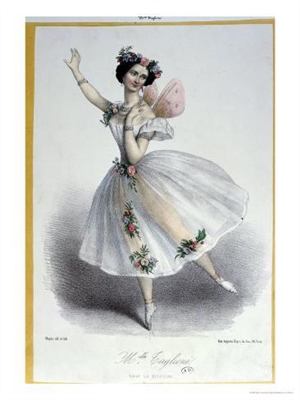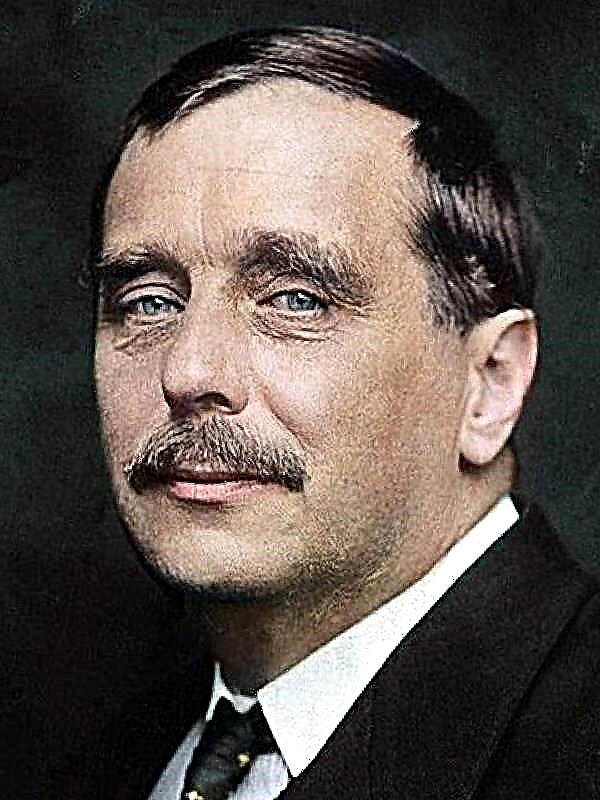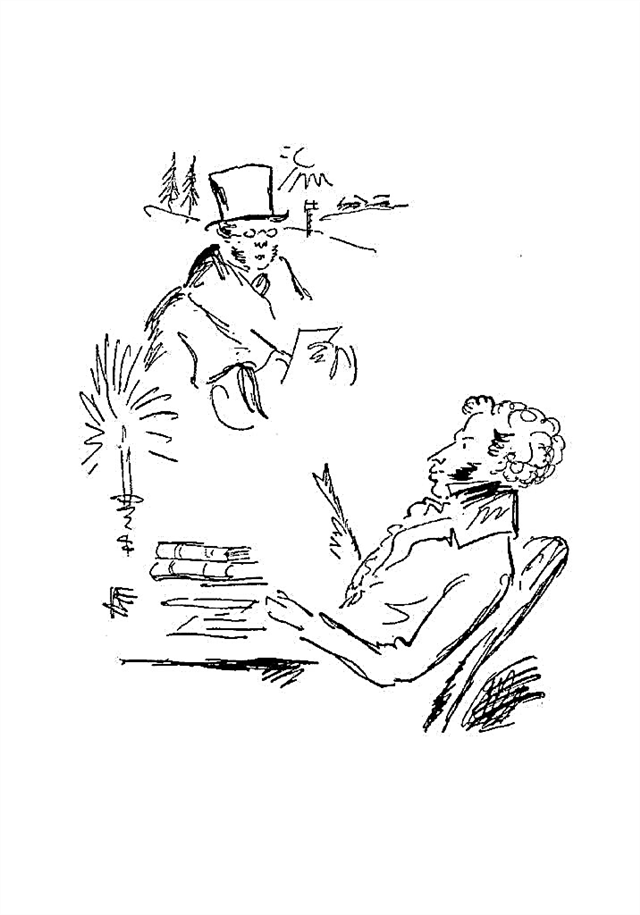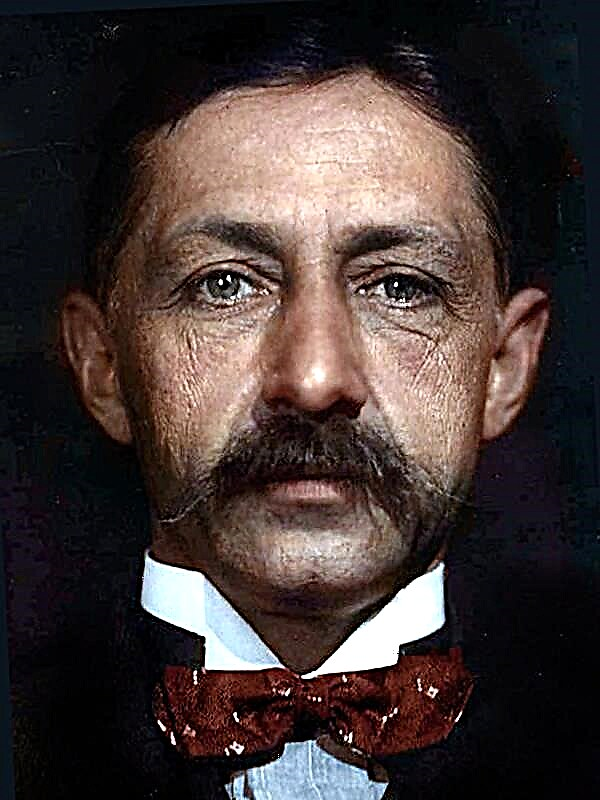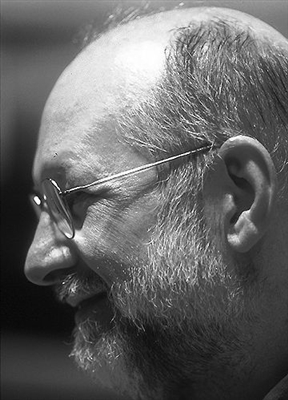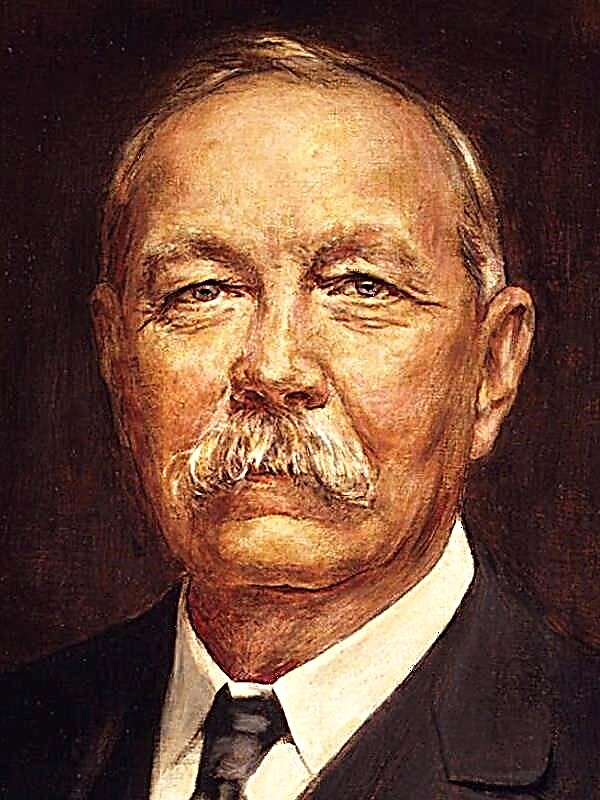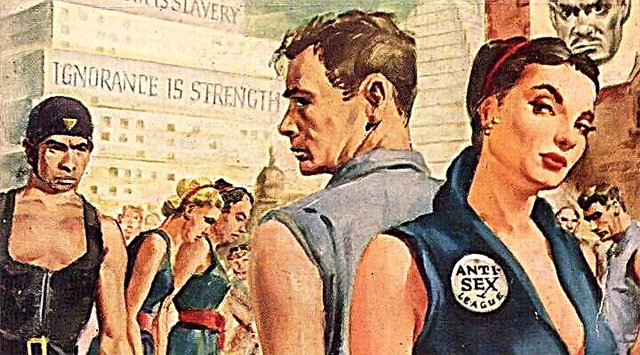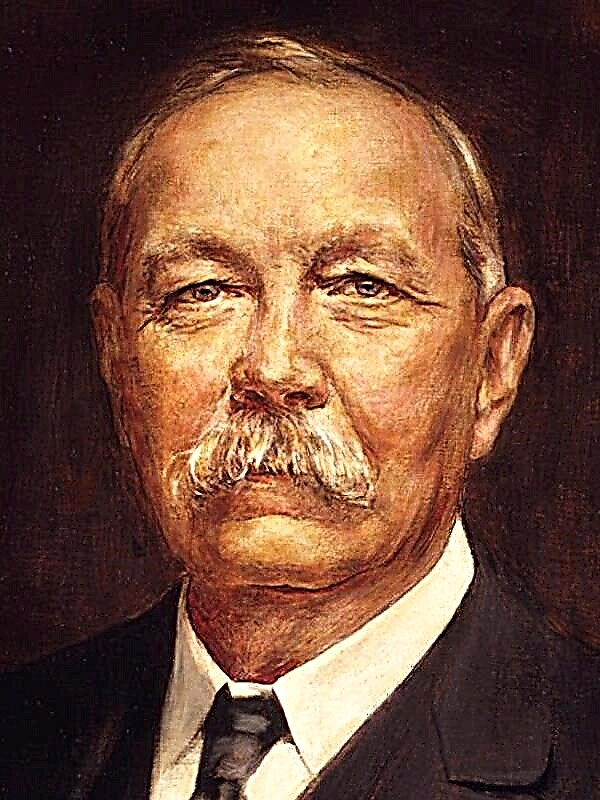Intricate Simplicius Simplicissimus. That is: a lengthy, non-fictional and very memorable biography of a certain simply shameful, outlandish and rare tramp or vagant named Melchior Sternfels von Fuchsheim.
The action takes place in Europe during the Thirty Years War. The narration is conducted on behalf of the protagonist.
In one village, in Spessert, a boy lives in complete ignorance in a peasant family. Once upon a time, soldiers attack their home, ruining the economy, taking money, raping women, torturing their father. The boy runs away from the fear into the forest and settles there at the hermit. The hermit for his naivety gives him the name Simplicius. He teaches him the reading, writing, and word of God. After the death of the hermit, who was formerly a nobleman and officer, Simplicius leaves their wretched home and ends up in the Ganau fortress. Here the boy becomes the page of the governor, to whom the local priest reveals the secret that Simplicius is the son of his dead sister. But simplicity and naivety force the hero to play the role of a fool at court. In the end, Simplicius is dressed up in a dress made of calfskin, and a clownish cap is put on his head. By order of the governor, he is taught to play the lute. Despite everything, under a stupid cap the young man retains his natural mind and quick wits.
Once, when he plays in front of the fortress on a lute, croats attack him, and after a series of ups and downs, Simplicius falls into the camp of German soldiers near Magdeburg. For his musical talent, the colonel takes him to his page, and appoints Herzbruder as his mentor. With the mentor's son, Ulrich, Simplicius makes a friendly alliance. The mentor, guessing a sound mind under the clownish outfit of the young man, promises to help him soon throw off this dress. At this time, Ulrich was slandered in the camp, accusing him of stealing a golden goblet, he was facing a punishment. Then he buys off the captain and leaves, then to enter the service of the Swedes. Soon old Herzbruder stabbed one of the lieutenants of the regiment. The simplicius remains alone again, on occasion, he changes his dress to women's clothing, and since his appearance was very attractive, he has to go through a series of delicate moments in his new guise. But the deception is revealed, torture awaits Simplicius, as an enemy spy is suspected of him. A case saves the hero - the Swedes attack the camp, among them Ulrich Herzbruder, he frees a friend and sends him along with his servant to a safe place. But fate decides otherwise - Simplicius gets to the owner, who sends him to guard the monastery. Here the young man lives for his pleasure: he eats, has a rest, is engaged in horse riding and fencing, reads a lot. When the owner of Simplicius dies, then all the good of the deceased is transferred to him with the condition that he enlist in the soldiers instead of the deceased, so the young man becomes a brave soldier.
Simplicius gradually forgets the orders of the hermit; he robs, kills, indulges in epicureanism. He gets the nickname "Huntsman from Zaust", and thanks to his courage, military cunning and ingenuity, he manages to become famous.
Once Simplicius finds a treasure, which he immediately takes to Cologne and leaves it for storage to a wealthy merchant against receipt. On the way back, the brave soldier is taken into Swedish captivity, where he spends six months indulging in the pleasures of life, since, recognizing the huntsman from Zust, the Swedish colonel gives him complete freedom within the fortress. Simplicius flirts with the girls, drags behind the daughter of the colonel himself, who catches him at night in her bedroom and makes him marry her. To get his own house and household, Simplicius goes to Cologne to get his treasure, but the merchant went bankrupt, the matter drags on, and the hero is escorting two noble sons to Paris.
Here, thanks to his lute playing skills and singing ability, he is a universal admiration. He is invited to perform at the theater in the Louvre, and he successfully participates in a number of ballet and opera productions. Rich ladies secretly invite him to their boudoirs, Simplicius becomes a fashionable lover. Finally, he was bored with everything, and since the owner did not let him go, he fled from Paris.
On the way, Simplicius gets smallpox. His face turns from a beautiful to ugly, all pitted with smallpox, and beautiful curls come out, and now he has to wear a wig, his voice also disappears. To top it all off, they rob him. After an illness, he tries to return to Germany. Near Philipsburg, he is captured by the Germans and again becomes a simple soldier. The hungry, ragged Simplicius unexpectedly meets Herzbruder, who managed to make a military career, but did not forget his old friend. He helps him free himself.
However, Simplicius did not manage to take advantage of Ulrich’s help, he again contacts the looters, then gets to the robbers, among whom he meets his other old friend, Olivier. For a while he joins him and continues the life of a robber and a killer, but after a punitive detachment suddenly attacks Simplicius and Olivier and brutally kills the latter, the young man decides to return to his wife. Suddenly, he again meets Herzbruder, who is seriously ill. With him, he makes a pilgrimage to Switzerland, to Einsiedlen, where the hero accepts the Catholic faith, and together they go to heal Ulrich, first to Baden on the waters, and then to Vienna. Herzbruder buys the position of captain for Simplicius. In the very first battle, Herzbruder was wounded, and friends set off to cure him in Griesbach. On the way to the waters, Simplicius learns about the death of his wife and father-in-law, and also that his son is now raising his son. In the meantime, Herzbruder is dying from the poison that envied him in the regiment.
Upon learning that he is single again, despite the loss of a loyal friend, Simplicius embarks on an adventure of love. First, on the waters with one pretty, but windy lady, then with the peasant woman whom she will marry. It soon turns out that his wife not only cheats on her husband, but also loves to drink. Once she gets so drunk that she is poisoned and dies.
Walking around the village, Simplicius meets his father. The hero learns from him that his noble father was Sternfels von Fuchsheim, who later became a hermit. He himself was baptized and recorded in church books as Melchior Sternfels von Fuchsheim.
Simplicius settles with his foster parents, who skillfully and zealously lead his peasant economy. Having learned from the locals about the existence of the mysterious bottomless Mummelsee in the mountains, he goes to him and there he enters the kingdom of the Sylphs with the help of a magic stone that allows breathing under water. Acquainted with the underwater world, his king, he returns to the earth with a gift, an iridescent stone, which, it turns out, has an amazing property: where you put it on the ground, there will be clogged up with a healing spring of mineral water. With the help of this stone, Simplicius hopes to get rich.
The village in which the hero lives is captured by the Swedes, a colonel settles in his house, who, having learned about the noble origin of the owner, offers to return to military service again, promises him a regiment and wealth. With him, Simplicius reaches Moscow, where, by order of the tsar, he builds powder mills and makes gunpowder. The Colonel throws him, not fulfilling his promises. The king keeps Simplicius under guard. He is sent along the Volga to Astrakhan, so that he will establish the production of gunpowder there, but along the way he is captured by the Tatars. Tatars give it to the king of Korea. From there, he gets through Japan to Macau to the Portuguese. Then Turkish pirates deliver it to Constantinople. Here he is sold to rowers for galleys. Their ship is captured by the Venetians and freed Simplicius. The hero, to thank God for his deliverance, makes a pilgrimage to Rome and then finally returns through Loretto to Switzerland, to his native Black Forest.
Three years he wandered around the world. Looking back at his past life, Simplicius decides to retire from worldly affairs and become a hermit. He does so.
And so, when he once lay down to rest near his hut, he dreamed that he was going to hell and saw Lucifer himself. Together with the youths Julius and Avar, he makes an unusual journey, which ends with the death of both young people. Waking up, Simplicius decides to again make a pilgrimage to Einsiedlen. From there he goes to Jerusalem, but in Egypt he is attacked by robbers, taken prisoner and shown for money, posing as a primitive man who, they say, was found far from any human habitation. In one of the cities, European merchants liberate Simplicius and send him by ship to Portugal.
Suddenly a storm flies on the ship, it crashes against stones, only Simplicius and the ship carpenter manage to escape. They fall on a desert island. They lead lives here, like the famous Robinson. The carpenter learns to make palm wine and is so carried away by this occupation that in the end his lungs and liver become inflamed, and he dies. Having buried a friend, Simplicius remains on the island alone. He describes his life on palm leaves. Once a crew of a Dutch ship makes an emergency landing on an island. Simplicius gives the captain of the ship a gift of his unusual book, and he decides to stay on the island forever.


